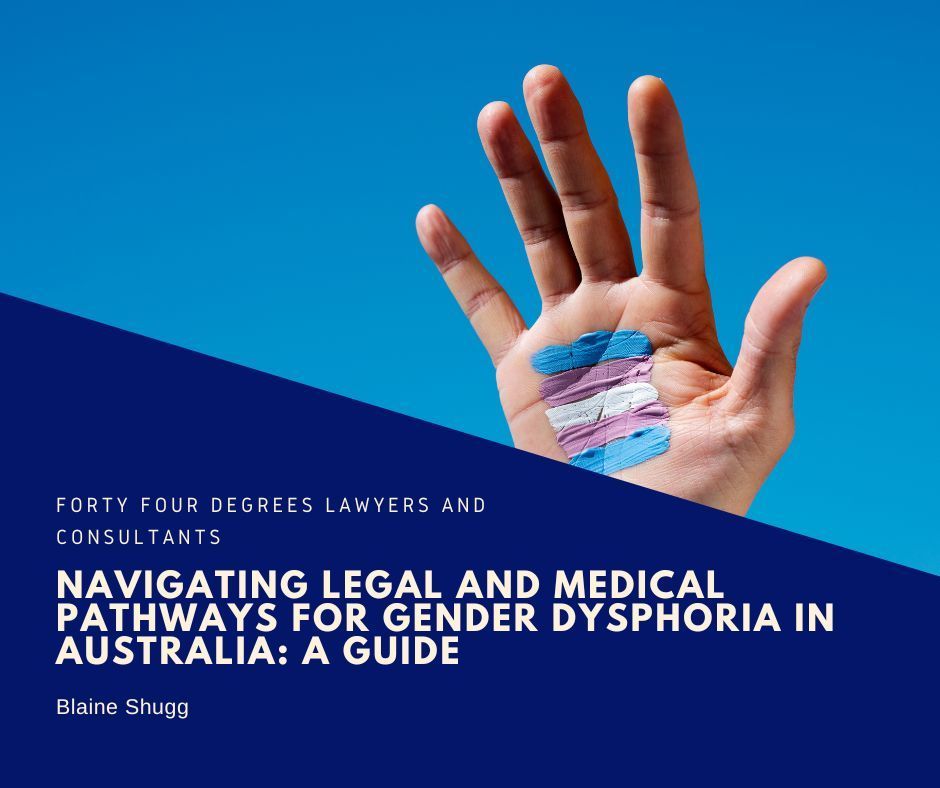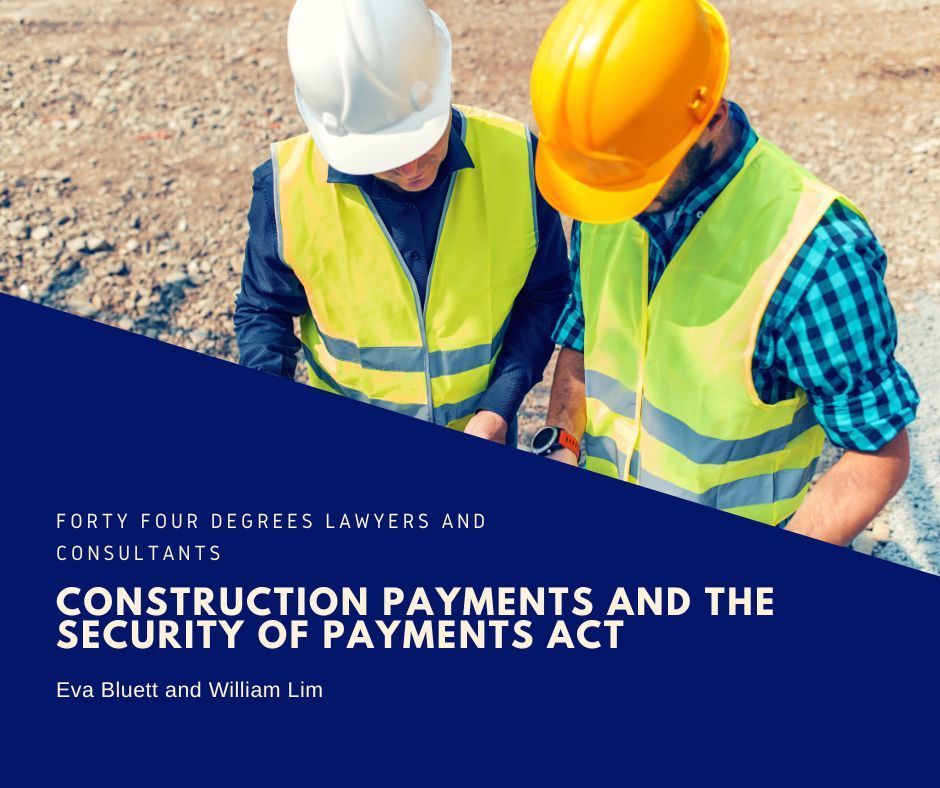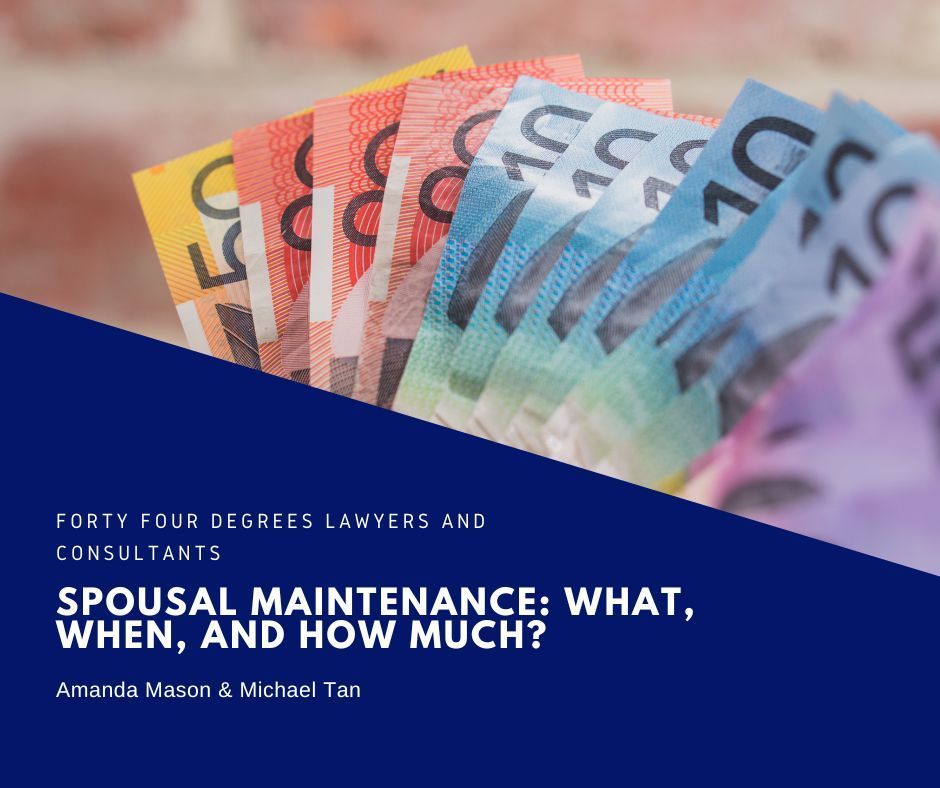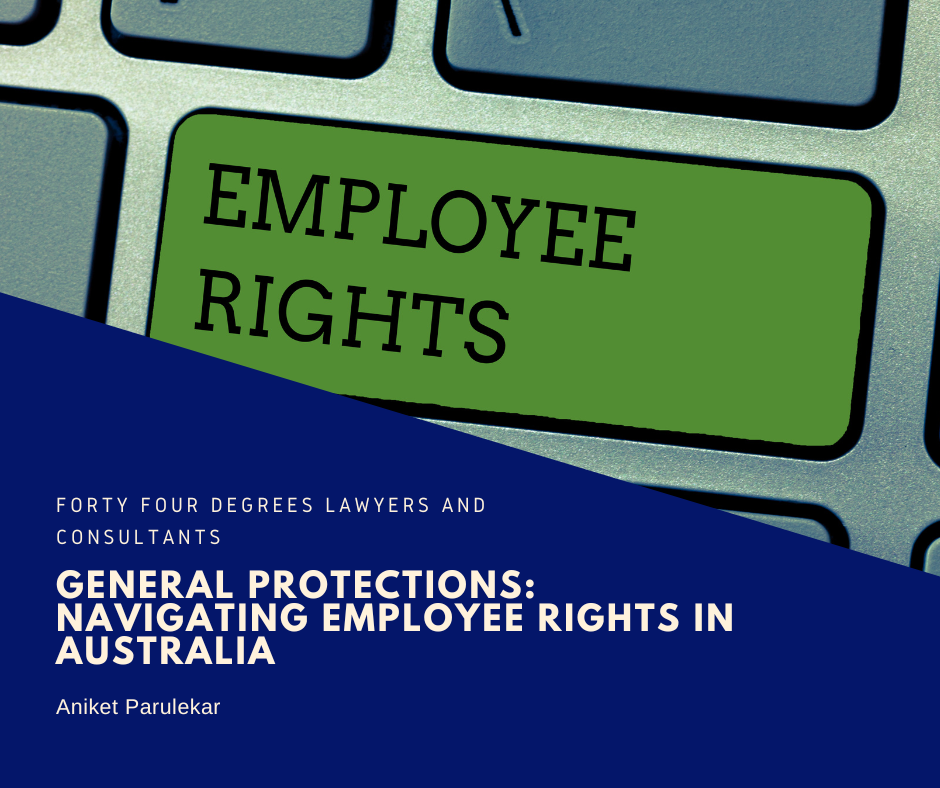Technology: Looking at Libra
Hana Lee • Nov 20, 2019
Will consumers and regulators trust Facebook’s crypto-asset?

When Facebook released the Libra White Paper in June 2019, the world paid attention. So much attention, in fact, Facebook was called in to a US Senate Committee hearing on Banking, Housing and Urban Affairs less than a month later. The resounding, and unanswered, question from the hearing was: Why should we trust Facebook?
Libra is a crypto-asset classified as a stablecoin. Stablecoins are typically pegged to assets, stabilising their value compared to non-backed crypto-assets such as Bitcoin. In Libra’s case, assets in the Libra Reserve, held by the Libra Association, will be selected to minimise volatility. What assets are selected will determine how Libra is characterised for financial regulatory purposes. While it is unclear what assets will be selected, what is clear is that Libra will face the unrelenting scrutiny of regulatory agencies around the world.
Part of the attention is due to Libra’s scale. Facebook’s 2.38 billion monthly active users could all transition into using Libra through a simple update to Facebook, Messenger or Whatsapp mobile apps. Mobile payment platforms integrated into social media applications are a familiar concept for many global marketplaces – WeChat pay and Alipay are ubiquitous in China, and KakaoPay in Korea. The conversion of Facebook users to Libra users would, once launched, be swift and seamless.
Founding members of the Libra Association include big players across critical industries such as Mastercard and Visa, PayPal, Vodafone Group, Uber and eBay. The backing of major companies, including the majority of payment processors, signals corporate confidence in Facebook’s ability to successfully develop and launch an innovative payment product.
Whether the consumers and the regulators trust Facebook is a harder question to answer. Facebook jumps from scandal to scandal – large scale hacking, election meddling, unauthorised data access and sale, accidental dissemination of hate speech, disturbing working conditions of content moderators, the list goes on.
Consumers are constantly reminded Facebook is not to be trusted. Yet the number of Facebook users continues to grow. The benefit users derive from connection to friends, family and companies through social media seems to be more valuable than data security. When Libra is rolled out, it’s likely the added convenience of a payment system will become further incentive to continue use of Facebook.
Despite consumers’ nonchalance, the trust of the regulators will be hard to gain. In August 2019, data protection regulators from six nations and the European Union, including the Office of the Australian Information Commissioner, released a joint statement on the global privacy expectations for Libra. The statement outlined a series of targets for Libra in the data privacy and information protection sphere. Financial services regulators will no doubt be next with their series of expectations for the potentially revolutionary payment platform.
Facebook has publicly committed to gaining the blessing of all the regulatory agencies required to make Libra a success. Between now and Libra’s target launch date of June 2020, Facebook has a lot of work to do to answer the million dollar question: Why should we trust Facebook?
Reprinted with permission. The above article was originally published in Law Institute Journal 01 Nov 2019.
Hana Lee
is co-chair of the LIV Law and Technology Committee and practises in commercial, property and technology law at Forty Four Degrees Lawyers and Consultants.
Contact Us
We’re an Australian Law Firm promoting a nuanced, personal touch. We have the skills you need to resolve your case quickly and with a positive outcome. Our straight talking team stays close to simplify what is most often a complicated process. We help individuals and businesses with technology and startup law, property law including conveyancing and leasing, commercial law, civil litigation, wills, estates, bankruptcy, insolvency, criminal law, and professionals facing investigations and charges from their regulatory body.
We have a connected network of talented lawyers in Melbourne CBD, Dandenong, Ballarat, and Ivanhoe East.
Fill out the form or call us on 1300 892 237.
Thank you for contacting us.
We will get back to you as soon as possible
We will get back to you as soon as possible
Oops, there was an error sending your message.
Please try again later or call us on 1300 892 237.
About Us
We do business your way.
203/ 50 Market St, Melbourne VIC 3000
50 Lydiard St South
Ballarat Central VIC 3350










